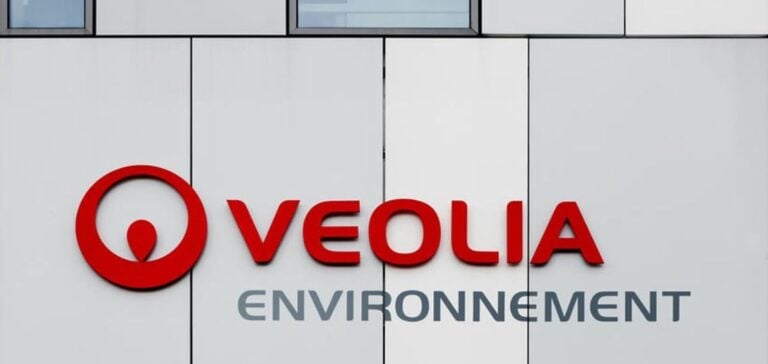Veolia has taken a significant step towards carbon neutrality with the validation of its targets by two leading institutions: Science Based Targets (SBTi) and Moody’s.
This recognition reinforces the credibility of Veolia’s climate strategy, aimed at significantly reducing its carbon emissions while supporting its customers in their ecological transition.
Ambitious objectives and achievement
The Science Based Targets initiative has recognized Veolia’s net-zero target as one of the most ambitious.
This validation testifies to the Group’s commitment to align its efforts with a 1.5°C trajectory, in line with the Paris Agreement.
Veolia has set precise emission reduction targets: a 50% reduction in Scope 1 and 2 emissions by 2032, and a 50% increase in avoided emissions for its customers (Scope 4) by 2030.
The long-term goal is to achieve carbon neutrality by 2050.
The GreenUp program, at the heart of this strategy, includes a €1.6 billion investment to convert coal-fired power generation assets to less carbon-intensive sources and develop local decarbonized energy solutions.
By 2023, Veolia has already managed to avoid 13.8 million metric tons of CO2 emissions for its customers, demonstrating tangible progress towards its goals.
International Recognition and Technology Support
Moody’s, another major player in climate performance assessment, awarded Veolia an overall score of NZ-2, underlining the ambitious and solid implementation of its short-term objectives.
This score is based on Veolia’s use of proven technologies and above-average return on transition investments.
This double recognition by SBTi and Moody’s positions Veolia as the first company to obtain simultaneous validation by both entities, confirming its role as a pioneer in decarbonization.
Global impact and future prospects
Veolia continues to distinguish itself by integrating decarbonization practices into its business model, not only to reduce its own emissions but also to help its clients achieve their climate goals.
Scope 4, which includes the emissions avoided through Veolia’s services, plays a crucial role in this approach.
By actively supporting the global recognition of Scope 4, Veolia is pushing industry standards towards more sustainable and responsible practices.
Estelle Brachlianoff, CEO of Veolia, says this double validation “confirms our commitment and ability to accelerate ecological transformation. We are resolutely focused on action and determined to achieve our climate objectives with rigor and transparency.”
This momentum should encourage other industry players to adopt similar strategies, reinforcing the collective effort needed to limit global warming.
By continuing to invest in innovative technologies and supporting its customers in their energy transition, Veolia is leading the way towards effective and sustainable decarbonization.
The validation by SBTi and Moody’s of Veolia’s climate objectives reinforces not only the credibility of its commitments, but also its role as a leader in the global ecological transformation.
This double success illustrates the importance of combining ambition, concrete action and validation by benchmark organizations to successfully drive the energy transition.






















